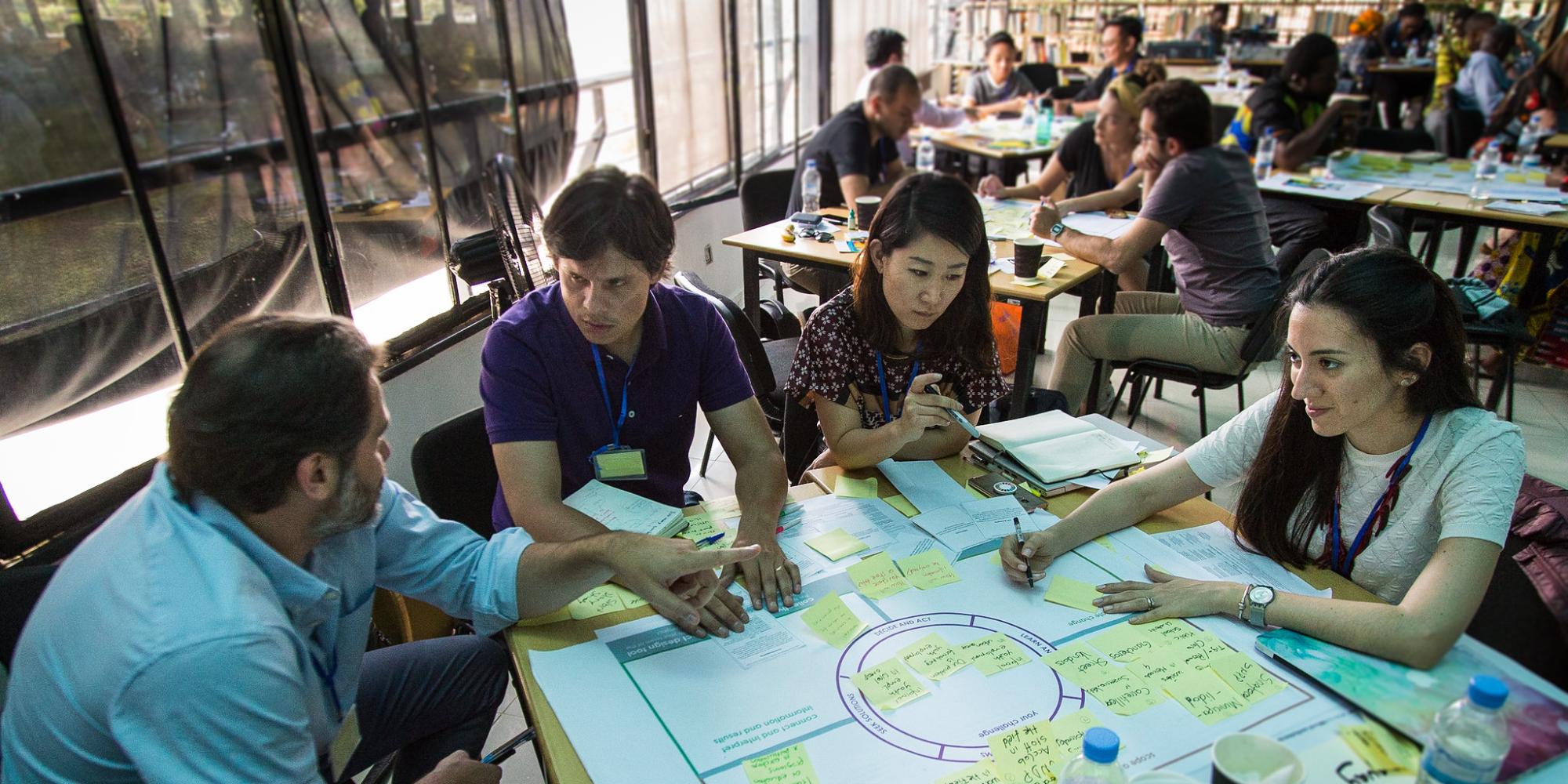From Citizen Science, DIY Science, Amateur Science, Public History to Open Science. All terms describe very similar things, namely the participation of non-scientists in scientific projects and processes. New technologies such as smartphones with their ever-growing technical capabilities, as well as access to social networks, enable a completely new collaboration between citizens and scientists. Citizen scientists report observations, document by means of photography, measure environmental parameters or evaluate data with scientific support – the “Citizen Sciences” are gaining more and more importance.The European Commission would like to further promote this development and underline the importance of Citizen Science, not least for the sustainability of our society.
The Citizen Science Prize of the European Union, which was first announced in 2023, is an expression of this concern. The annual competition recognizes outstanding initiatives that put research, innovation, engagement and creativity at the service of our society, empowering us as individuals and strengthening us as a community. The Citizen Science Prize is embedded in the large-scale IMPETUS project. In conversation with Andrew Newman, Producer for the European Platform for Digital Humanism, and Veronika Liebl, Managing Director at Ars Electronica’s Festival/Prix/Exhibitions Division, we learn more about the Open Call and why Citizen Science is so important.
Who is part of the IMPETUS project and what are the common goals?
Andrew Newman: IMPETUS consists of seven organisations from across Europe who are striving towards strengthening citizen science inside the European Research Area. We’re working together with King’s College London (GB), the European Science Engagement Association (AT), Zabala Innovation (ES), T6 Ecosystems (IT), Science for Change (ES) and Nesta (GB), the UK innovation agency for social good. Our common goal is to make sure that citizen science initiatives get the funding, recognition and support that they need to flourish.
Why is Citizen Science important?
Andrew Newman: I’m going to counter that question, with questions: Why is knowledge important? Ignorance is bliss isn’t it? Wouldn’t we all be a whole lot happier if we never knew what a corona virus was and why people were getting sick? Could we all sleep more soundly if we had no idea about the climate emergency we’re in? And wouldn’t it be better if we didn’t need to know what AI was or how it works, and just had faith in the magic black box?Obviously knowledge is important, for better or worse, humanity persists because of knowledge. But imagine what sort of world we would live in if we didn’t strive to share knowledge – if only a minority of us knew about covid, the climate emergency or artificial intelligence. So for me citizen science is important because it encourages us to share knowledge, and not just through text books or lectures, but through doing, and most importantly doing it with others. It gives us the agency and opportunity to be active contributors to knowledge.
Veronika Liebl: We also see that citizen science initiatives are more and more delivering innovative approaches that address the urgent challenges faced by European society. This new Prize recognizes initiatives in Europe that not only aim at scientific progress and social benefit, but actively involve citizens and thus promote an open and inclusive civil society. A particular focus is also on those projects that make an enhanced contribution to the Green Deal and the Sustainable Development Goals of the United Nations. And fortunately, the Prize is a clear signal that the EU recognizes Citizen Science to be a valid route to science and innovation.
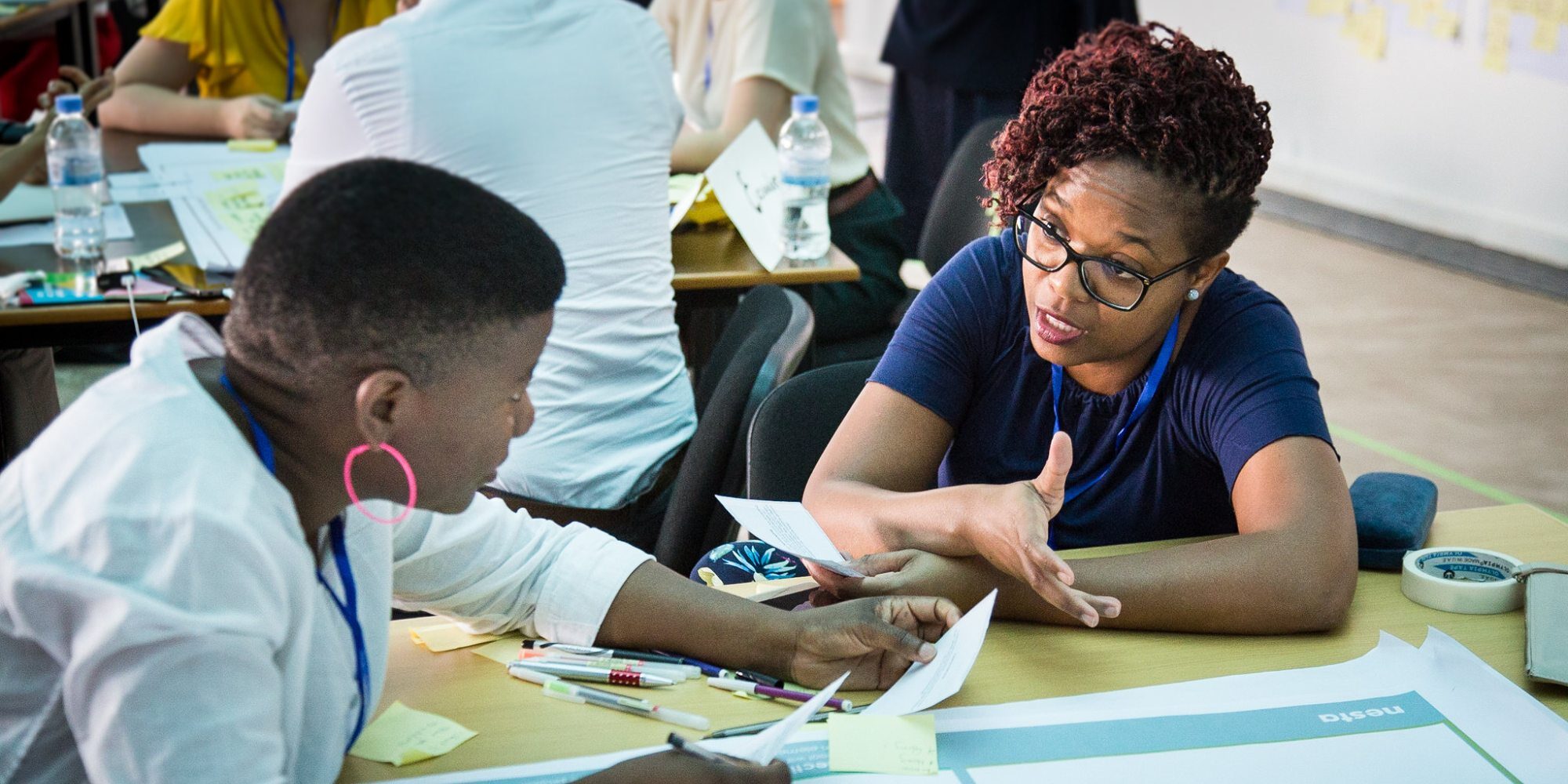
The Open Call consists of 2 parts, which are they?
Andrew Newman: We’re looking to help make citizen science happen, but also give recognition to excellent citizen science that has already happened. So we have a call for each. The first Open Call is for the Accelerator Programme which will provide mentoring, training and financial support to new and ongoing citizen science initiatives.
Veronika Liebl: And further accelerator calls will follow! Through 3 Open Calls, project ideas from about 100 Citizen Science initiatives will be supported with a total of € 2,250,000 over the next 4 years!
Andrew Newman: The other Open Call is for the inaugural European Union Prize for Citizen Science that will celebrate existing citizen science initatives within the European Research Area. There is a Grand Prize of €60,000, a Diversity & Collaboration Award of €20,000 and a Digital Communities Award of €20,000. We will also award 27 Honorary Mentions.
Veronika Liebl: Again here, the Prize will not only be issued in 2023, but is also confirmed for 2024 and 2025! Each year the open call is launched around the same time of the year!
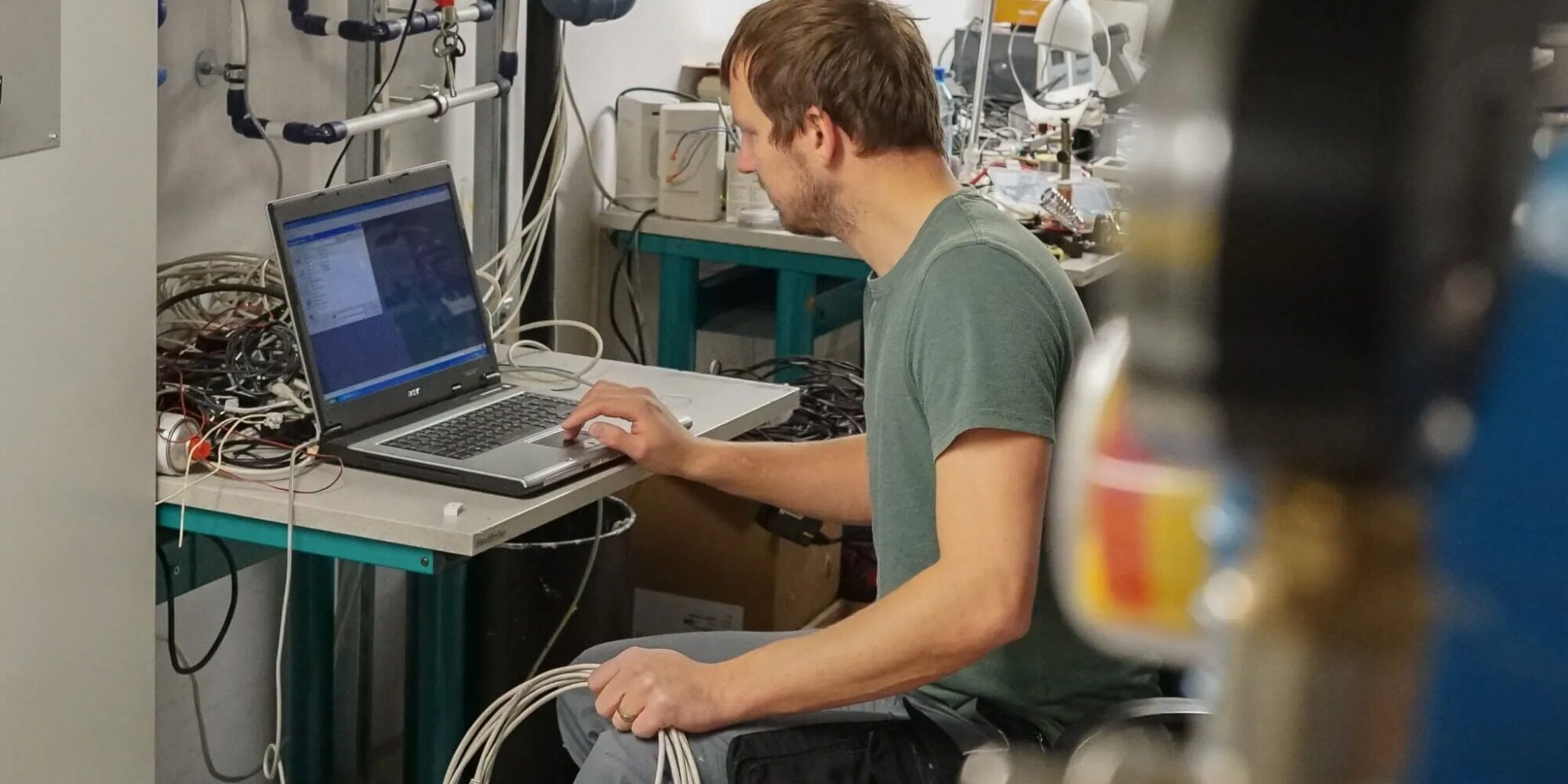
In which categories can one submit?
Veronika Liebl: The European Union Prize for Citizen Science will annually award a Grand Prize with 60.000€ Prize Money, 2 Awards in different categories with each 20.000€ Prize Money and 27 Honorary Mentions. The Grand Prize will recognize outstanding achievements in the advancement of knowledge through the empowerment of civil society and citizens in the development of the future. The Grand Prize is not limited to specific topics or themes, but will be awarded to the most outstanding initiative according to the award criteria. The Diversity & Collaboration Award focuses on initiatives with explorative collaboration models that actively engage a diverse range of stakeholders and scientific agendas. Awarded initiatives will need to demonstrate a specific excellence in cultural diversity, gender diversity, stakeholder engagement, and social inclusivity. The Digital Communities Award focuses on the wide-ranging field of scientific, artistic and social initiatives within Citizen Science that aim to deliver social benefits, create and support communities, and foster an open and inclusive civil society through the innovative or alternative use of digital technologies. As a submitter, you don’t need to choose and submit for one of the categories – this will be evaluated by the jury!
What kind of projects are you looking for?
Andrew Newman: We’re looking for a diverse range of projects. I also think it’s important to emphasise that we’re not just looking for citizen science projects in the natural sciences, but all sorts of projects that engage citizens to work towards contributing to new knowledge. This could include (digital) humanities research, participatory artistic research, citizen-led investigative journalism. Entries are open to projects from within the European Reserarch Area, this includes not only EU member states, but also countries that are associated to or currently in negotiation to associate to Horizon Europe (for instance submissions from the UK and Ukraine are also eligible). You can see the full list of eligible countries within the Eligibility Criteria section on our website.
Veronika Liebl: We are looking for Citizen Science projects not only making new scientific findings possible, but also opening new dialogs between science and society. A dialogue that Ars Electronica has been pursuing at the nexus of art, technology and society since its founding in 1979.Learn more about the European Union Citizen Science Prize here.
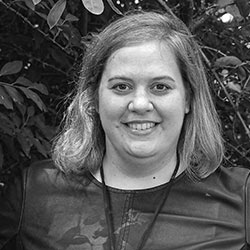
Veronika Liebl is currently Managing Director of the Ars Electronica Festival/Prix/Exhibitions Division. She studied economics at Johannes Kepler University in Linz (graduating in 2010) with study visits to Harvard University (US) and the Université de Fribourg (CH). Since 2011, she has been responsible for cultural management and European project development at Ars Electronica Linz and is a member of the Linz City Cultural Advisory Board and the Linz UNESCO City of Media Arts Executive Board. She heads Ars Electronica’s European cooperation projects in the fields of culture, research & education and in this function – together with her team – has developed, initiated and implemented numerous EU projects such as the STARTS Prize, DOORS (Digital Incubator for Museums) or the European ARTificial Intelligence Lab.
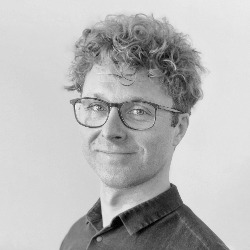
Andrew Newman is a producer for the European Platform for Digital Humanism at Ars Electronica in Linz, Austria, focusing on fostering cultures of transdisciplinary innovation. He is responsible for projects that bring artists* and scientists* together (STUDIOTOPIA) and create STEAM learning experiences (Open Science Hub, Creative School and STEAM INC). He is co-founder of the Research Institute for Art and Technology in Vienna, where he focuses on integrating artistic research methods with blockchain and open hardware research and development.

IMPETUS project has received funding from the European Union’s Horizon WIDERA 2021-ERA-01 Research and Innovation Programme under Grant Agreement No 101058677. This publication reflects the views only of the author, and the European Commission cannot be held responsible for any use which may be made of the information contained therein.
